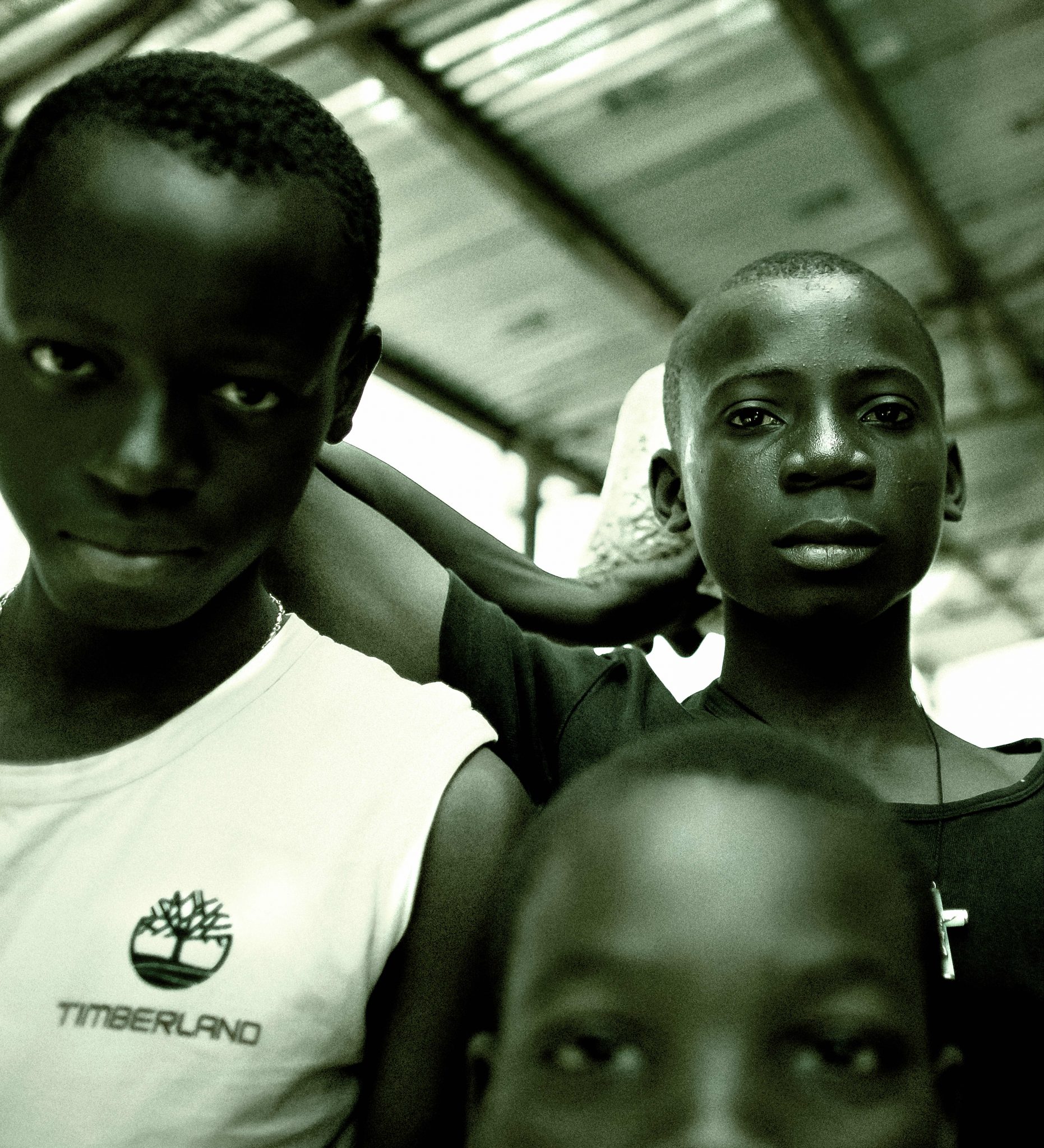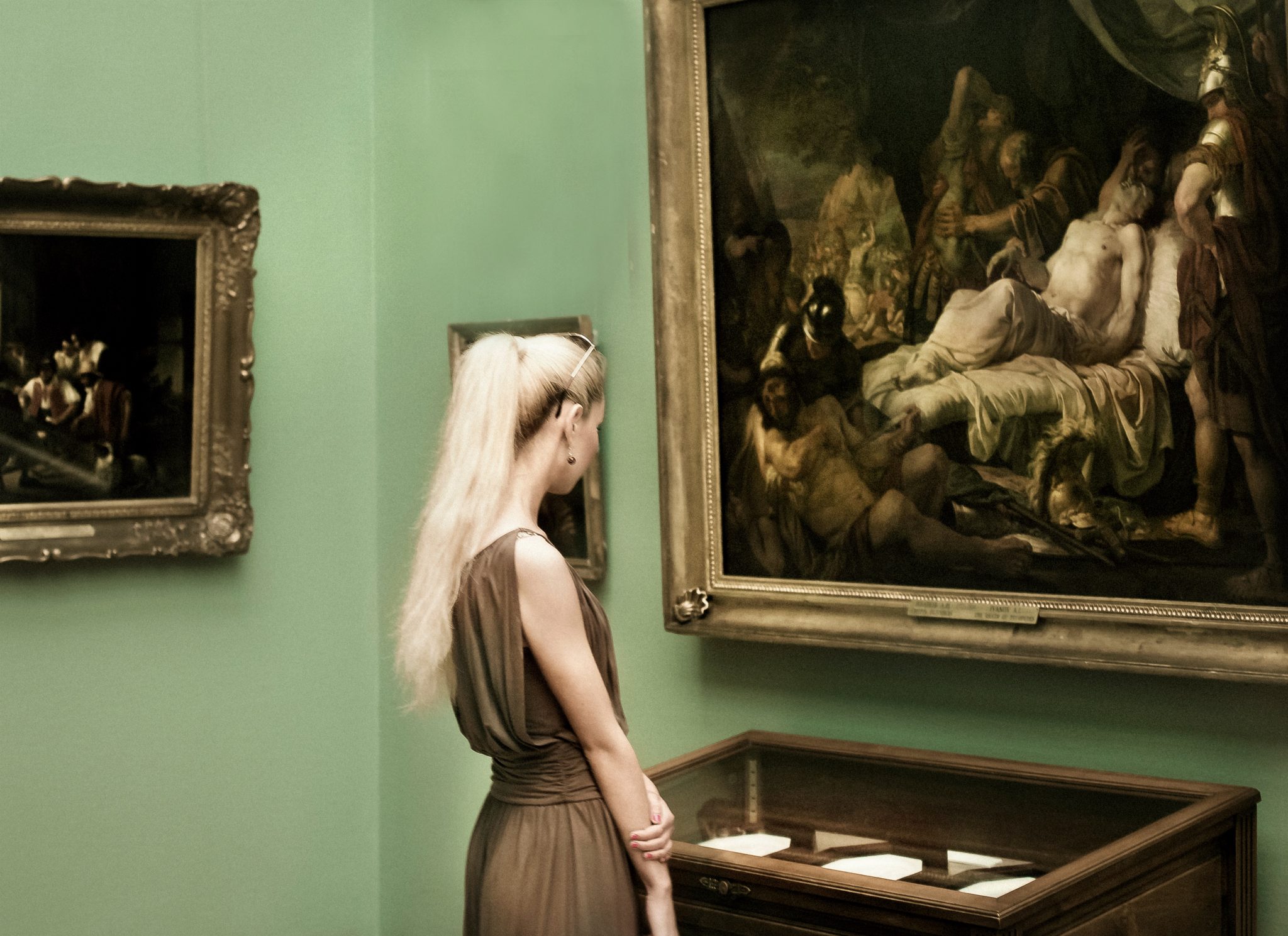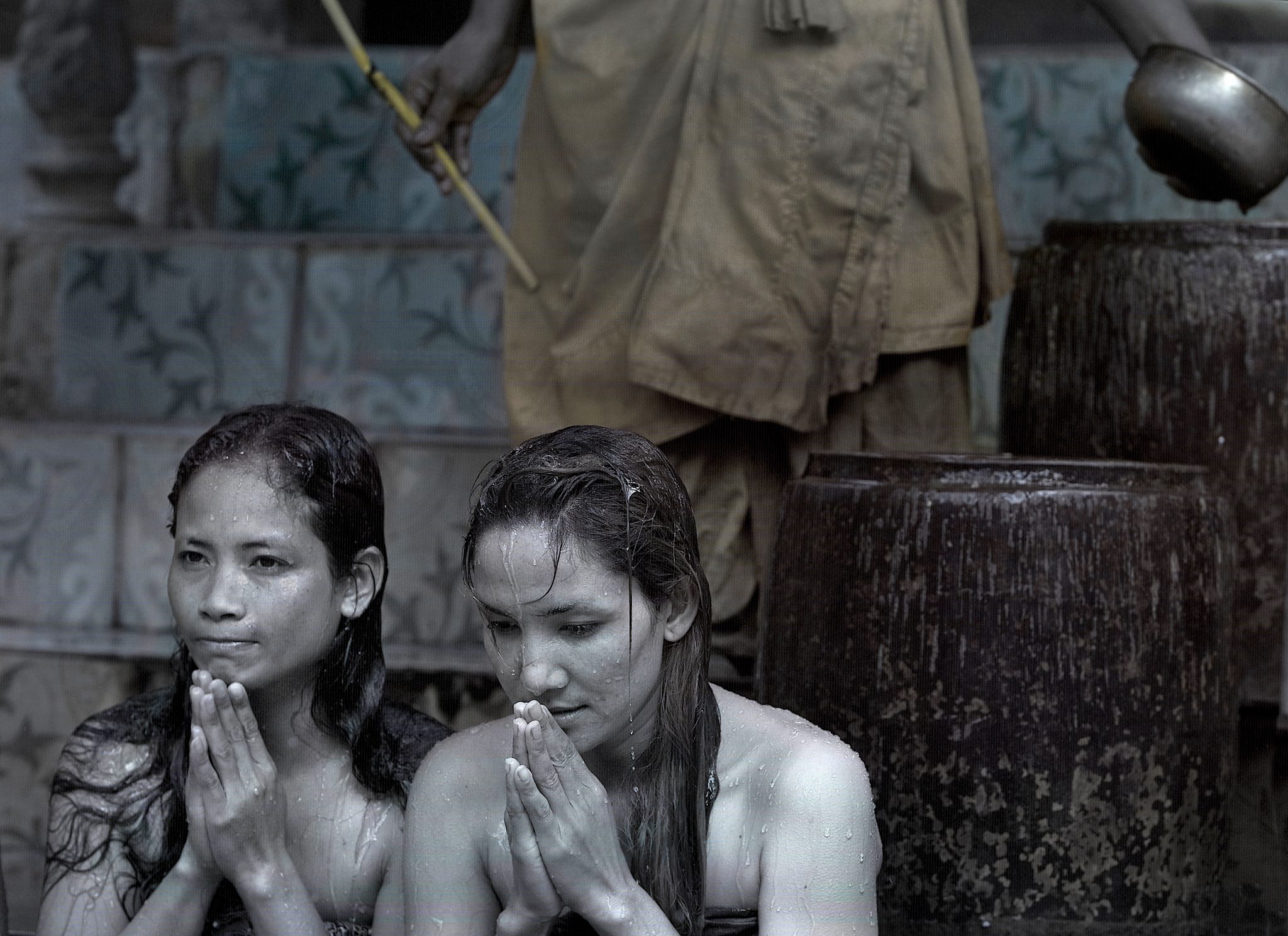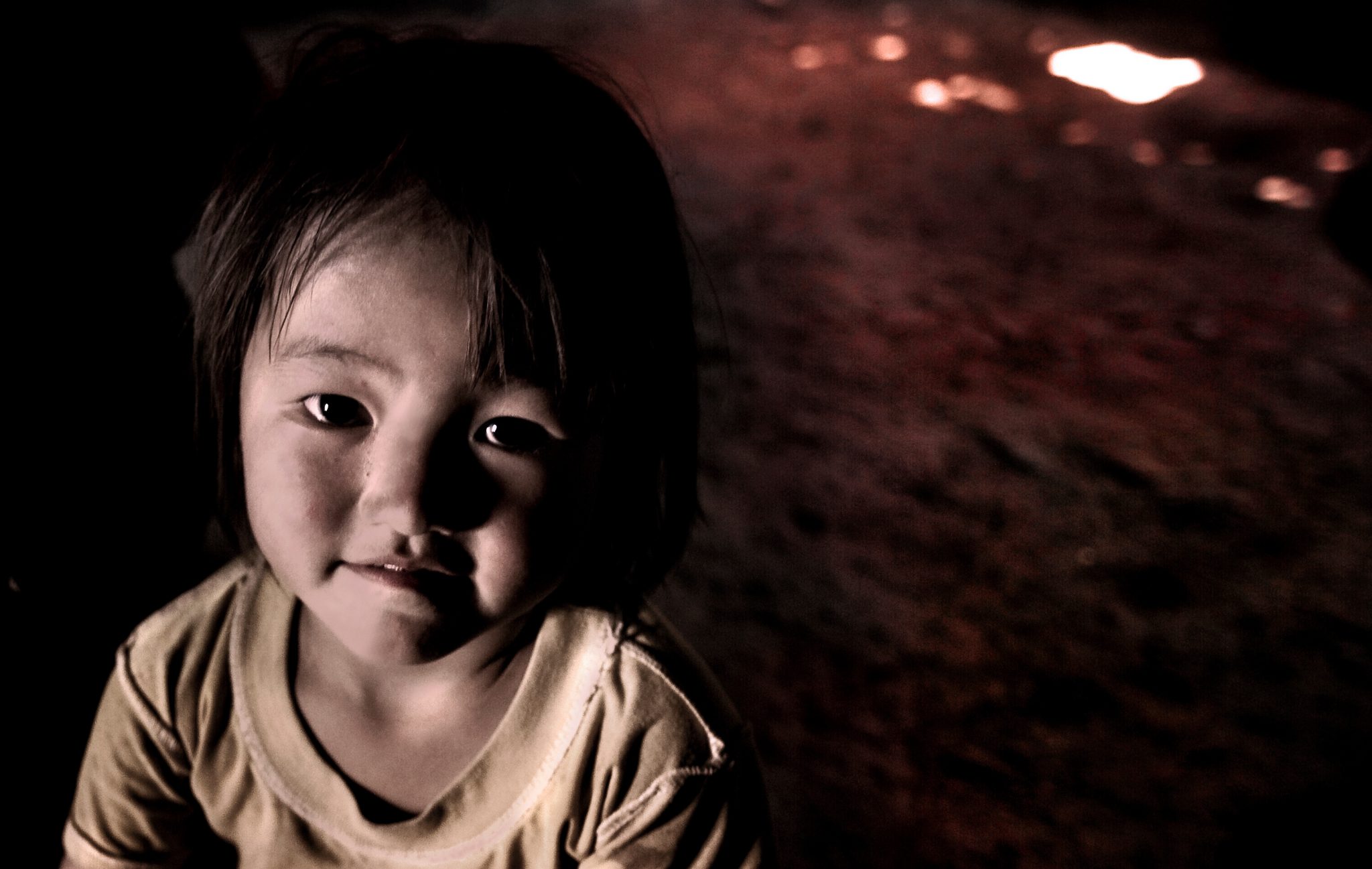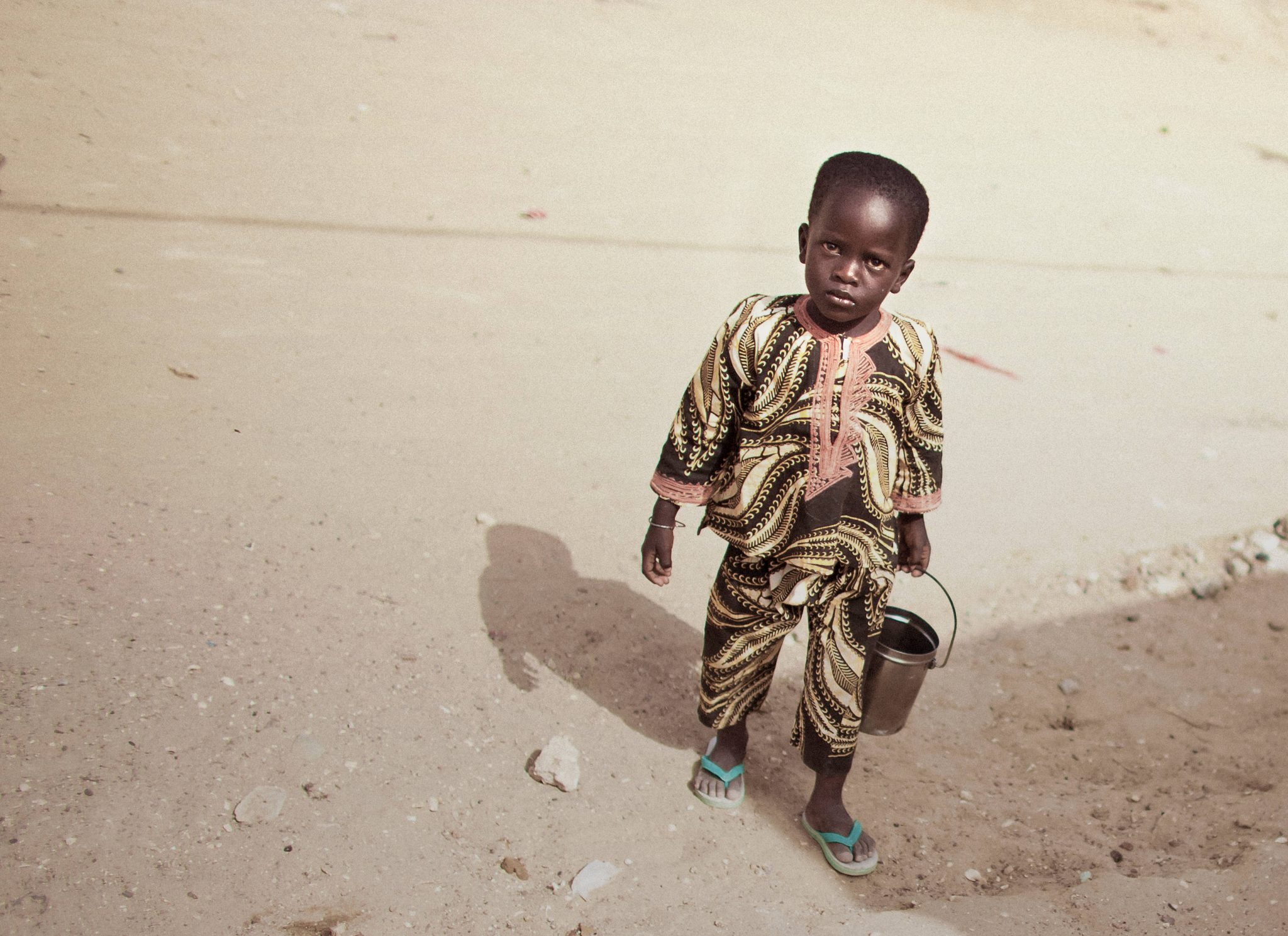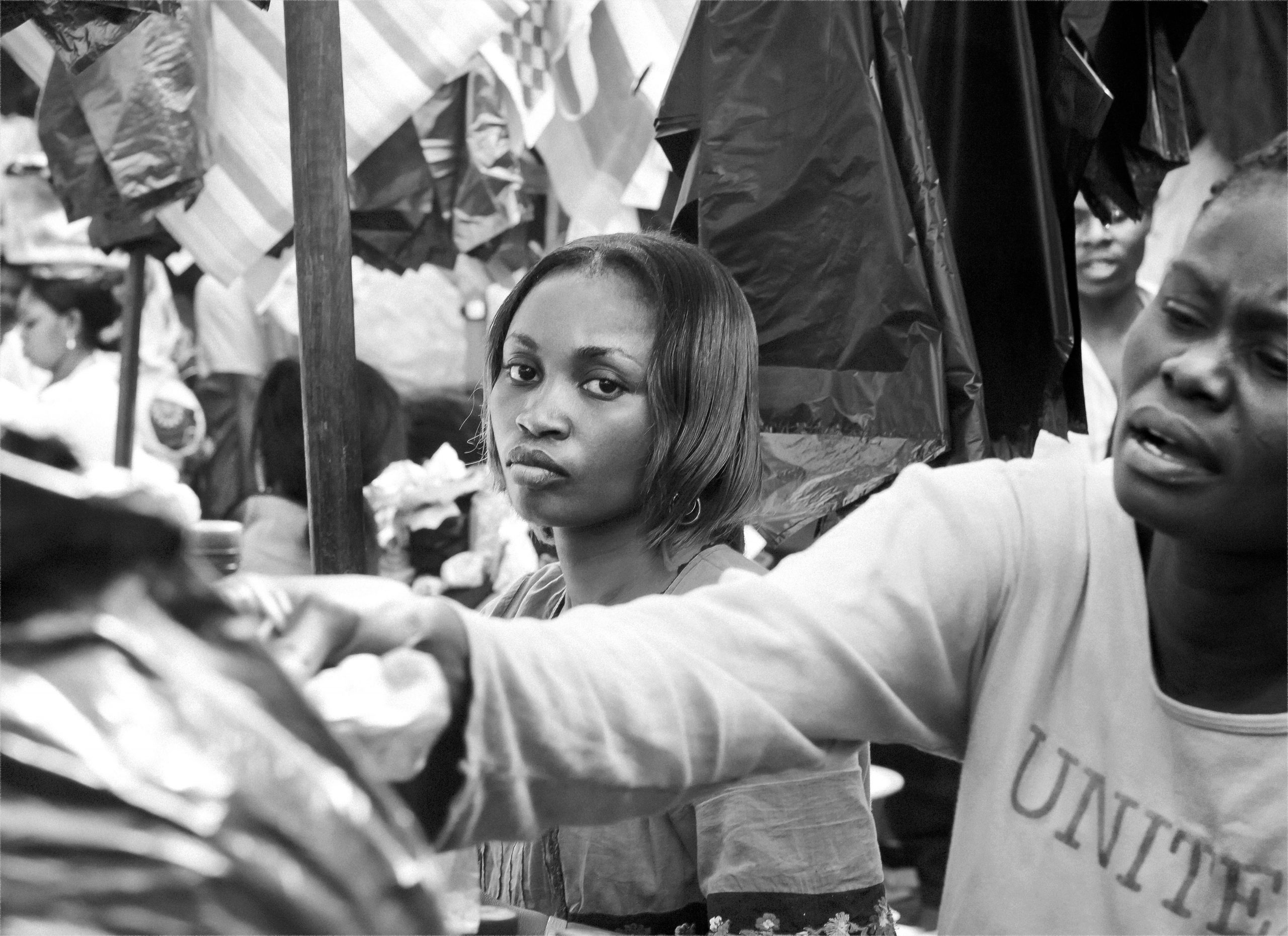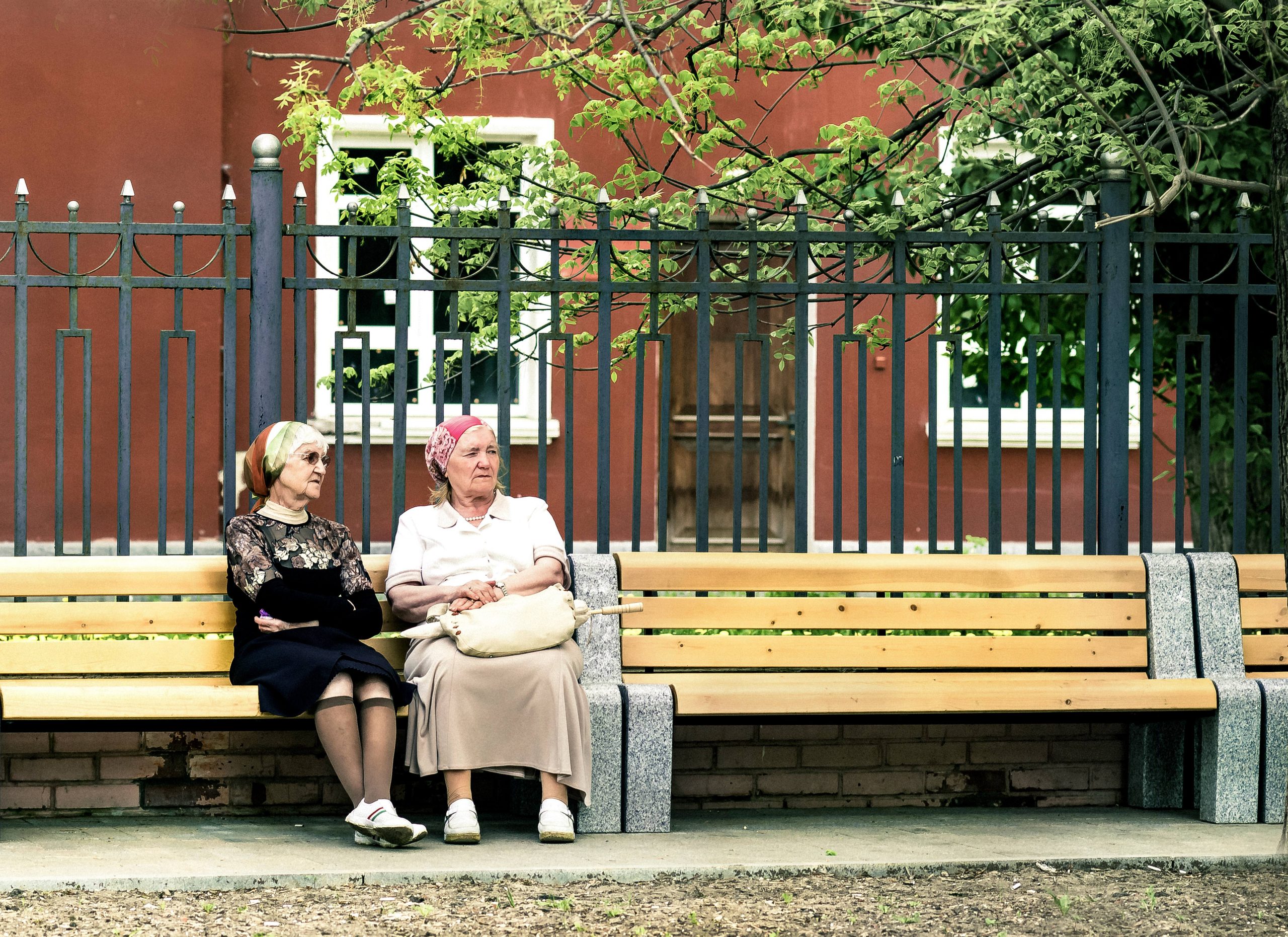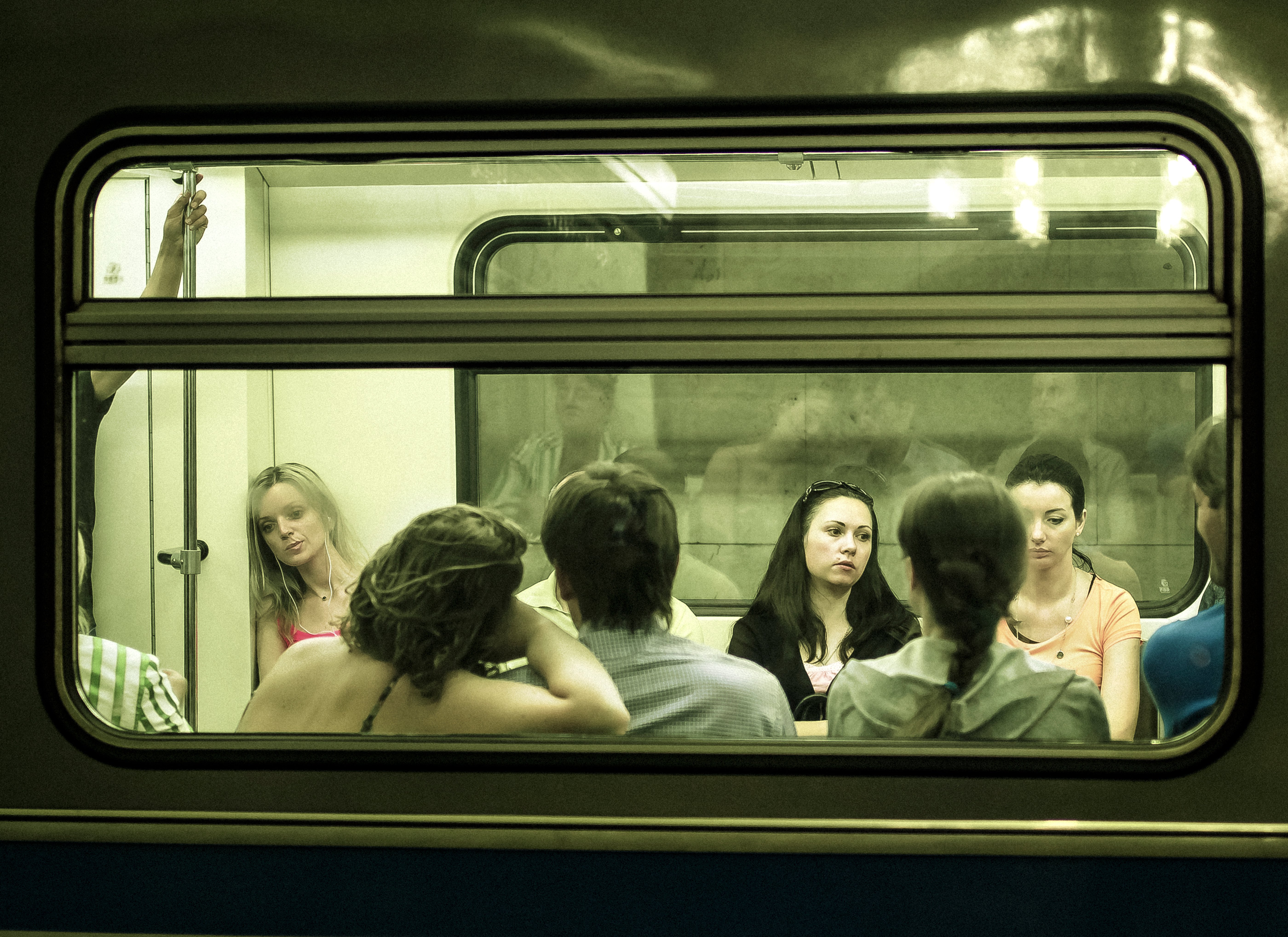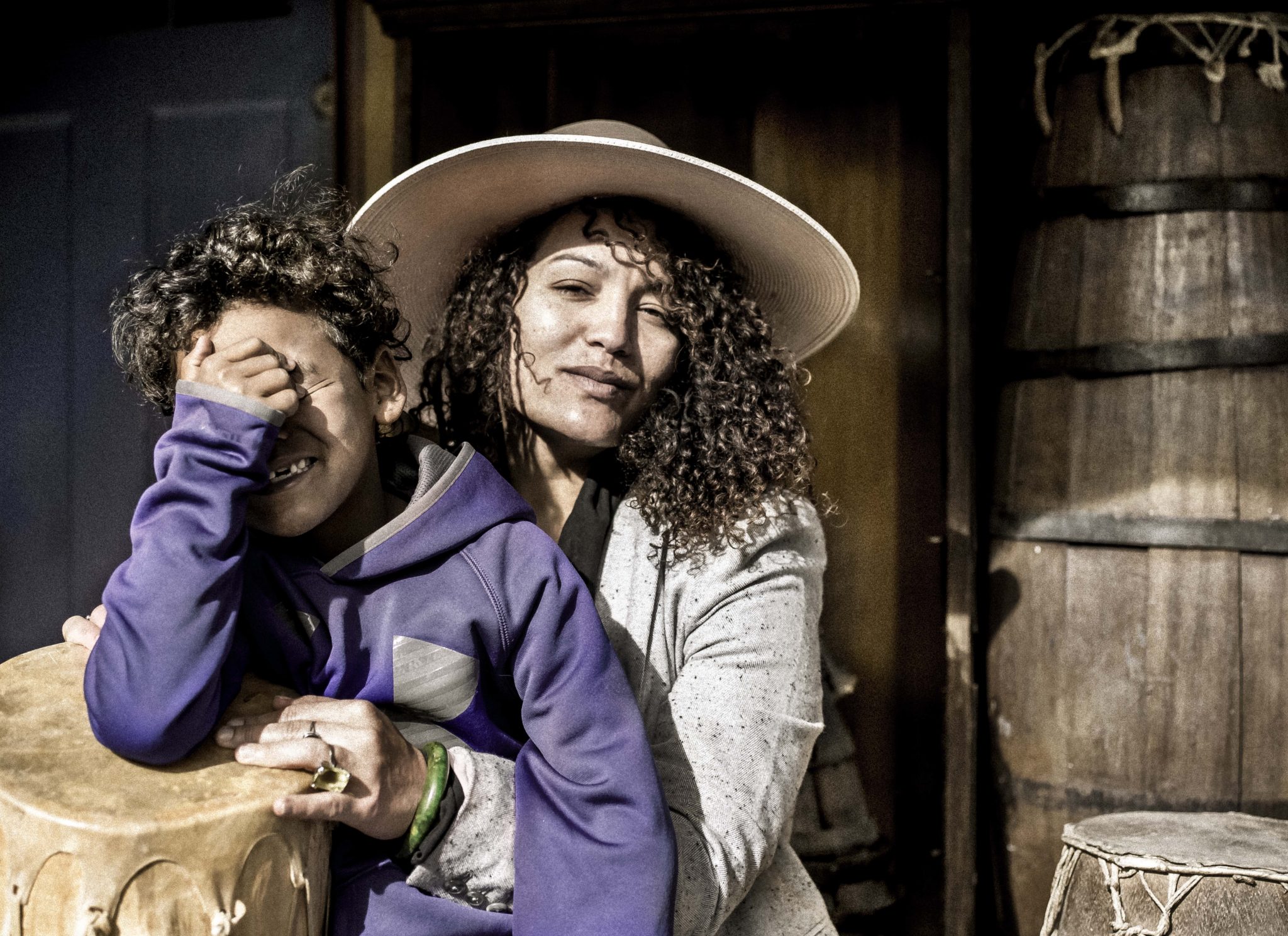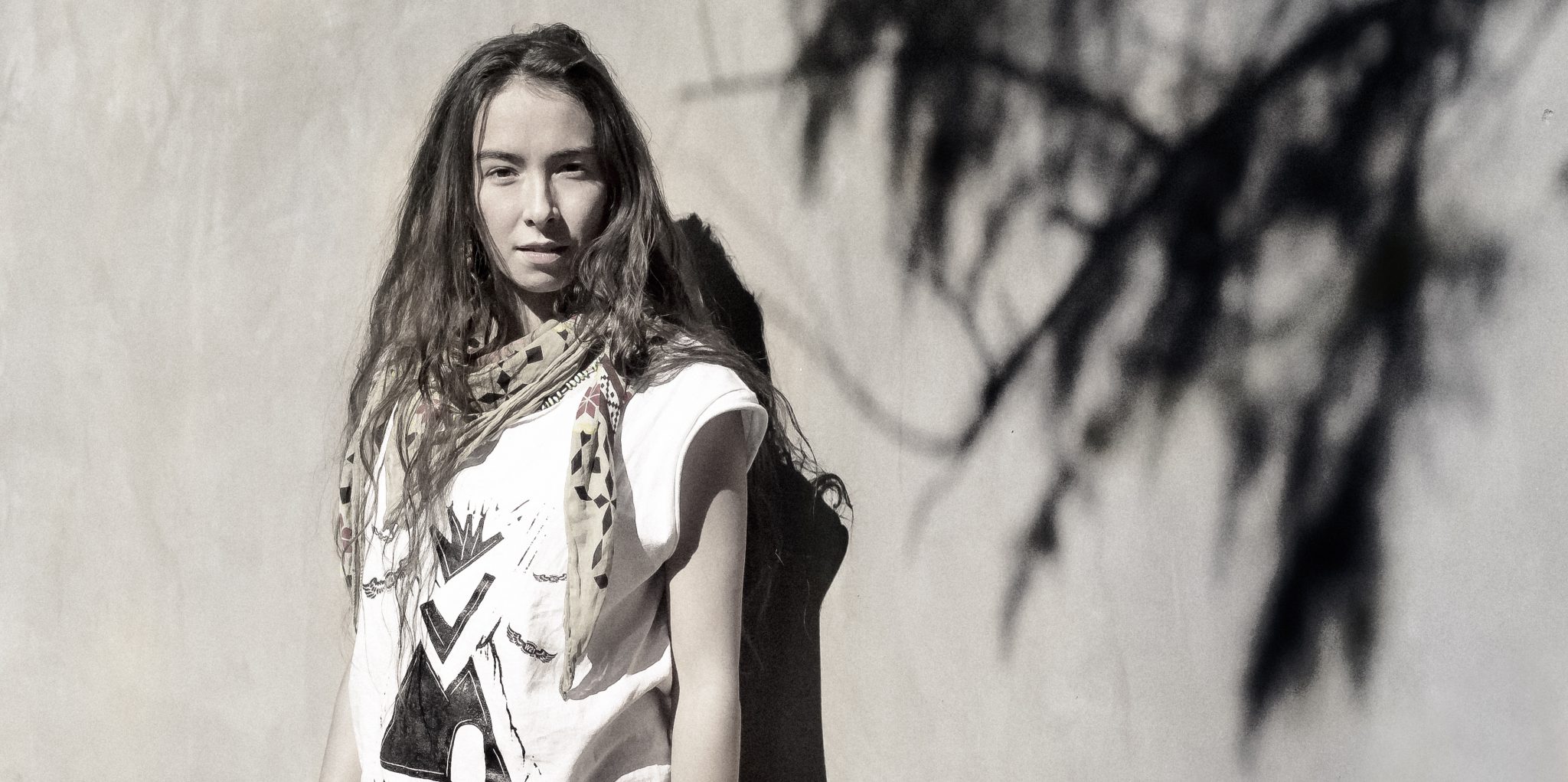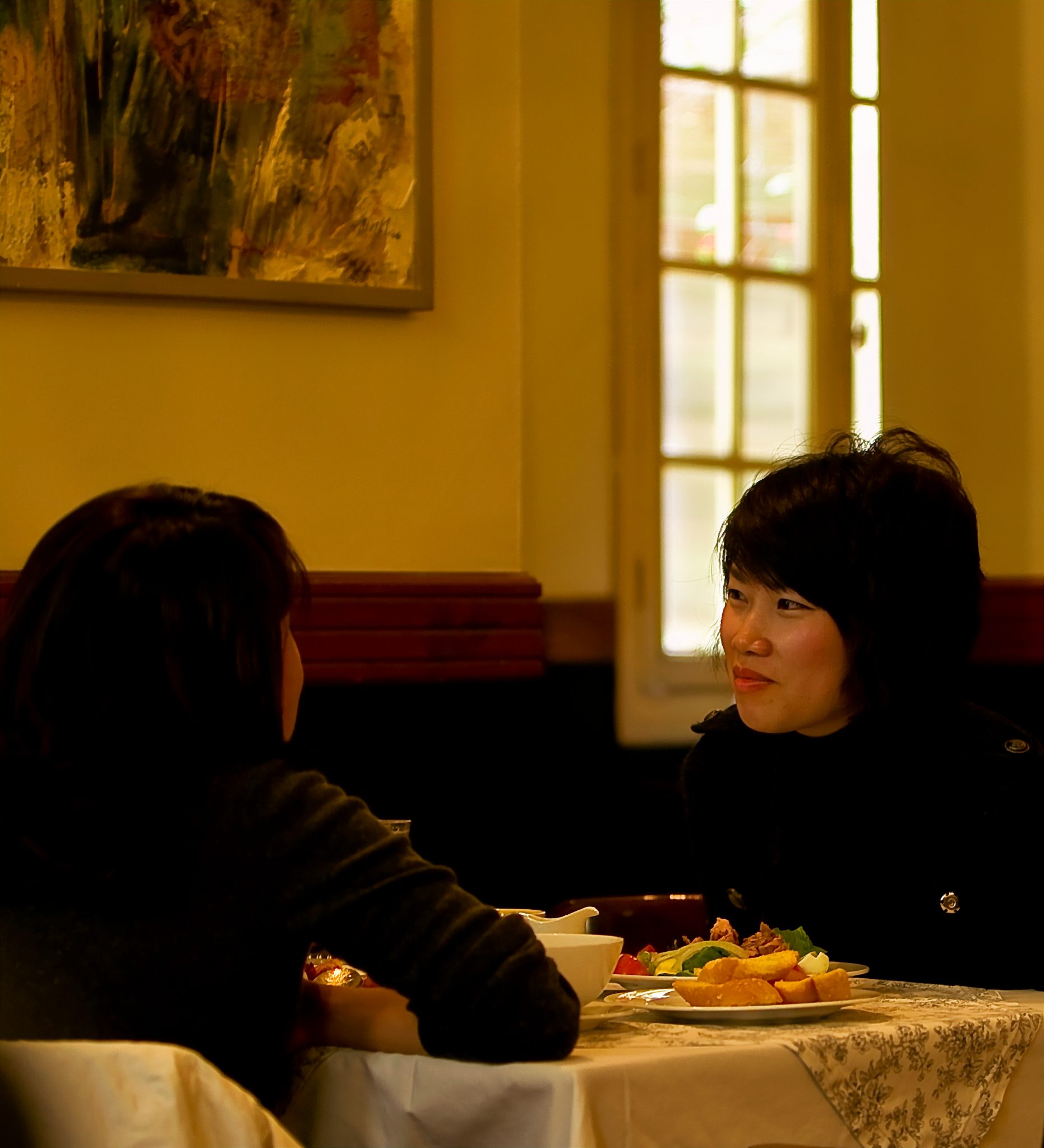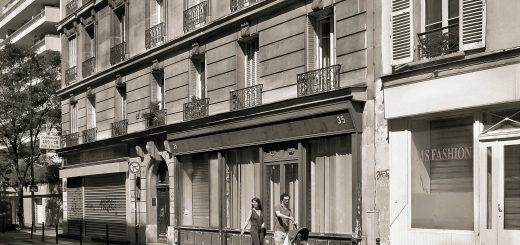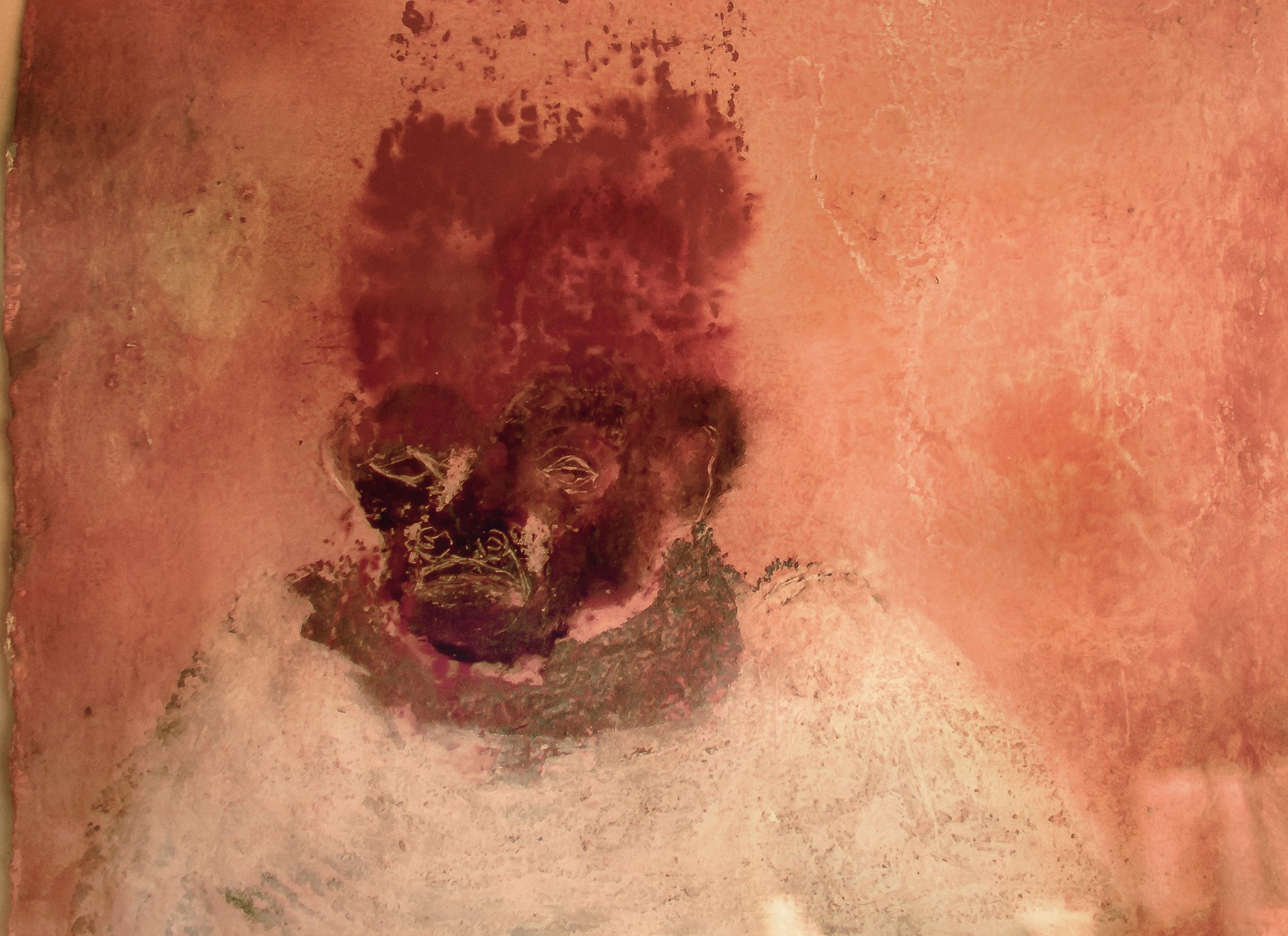
The Man from Congo
The silence hanging over the table was heavy, but Sylvere, finishing the food on his plate, was unconcerned. He was just a man enjoying a nice meal in a nice restaurant. The other three people seated around the table covered by an immaculate white cloth had stopped eating also. They watched as Sylvere brought a final forkful with several strands of spaghetti to his lips. Sylvere felt, he realized, better. Maybe he had just been hungry and, as a result, weak. His doctor back home in Combs-la-Ville often told him he needed to eat something every two hours to maintain his blood sugar.
One of the young men wearing black trousers and a white dress shirt with a black tie returned. The man, tall and muscular, stood next to Sylvere, but he didn’t look at Sylvere or anyone else seated at the table. Rather he looked at a point on the wall behind the booth. Sylvere looked up at the man. With his fair skin, blond hair, and blue eyes in addition to a certain unexplainable yet recognizable demeanor, he reminded Sylvere of a German. The man became aware that Sylvere was looking at him. But he did not look down at Sylvere. Finally, Sylvere caught the man’s eye.
“Les toilettes?” Sylvere said softly.
The man darted a glance at Anna before looking at Carolina. Carolina, in turn, looked from Sylvere to the man before shifting her gaze back to her plate. She brought a piece of garlic bread up to her lips. She didn’t care.
“This way,” the man said, also in French, extending his right arm toward the opposite corner of the room.
“Excusez-moi,” Sylvere said, standing up from the table and following the man, who stopped, turned around to face Sylvere, and extended his left arm toward a door. As Sylvere passed, he noticed the man’s eyes. They tracked, with unwavering intensity, each of Sylvere’s movements. Pushing open the door, Sylvere found himself in a much smaller but equally elegant space. The sink, urinal, and toilet at the back of a stall with an open door all looked like they hadn’t been used before. To one side of the urinal and set into the wall at the height of a person’s head was a window. It was open to the outside world. Sylvere could feel a slight breeze on his cheek. Looking in the direction of the sink, he realized he didn’t see paper towels. Somebody had forgotten to replenish the supply. As Sylvere was about to close the door, he had an idea. He closed the door almost all the way, but he left it so that it was slightly ajar. After using the urinal, he walked to the sink and washed his hands. From the sink, he walked back to the door, still slightly ajar, and inserted his face into the empty space between the edge of the door and the door jam. “Please, someone, I need help,” Sylvere said in German, speaking in a low voice but using an urgent tone. Then he retreated so that he was standing in the center of the room.
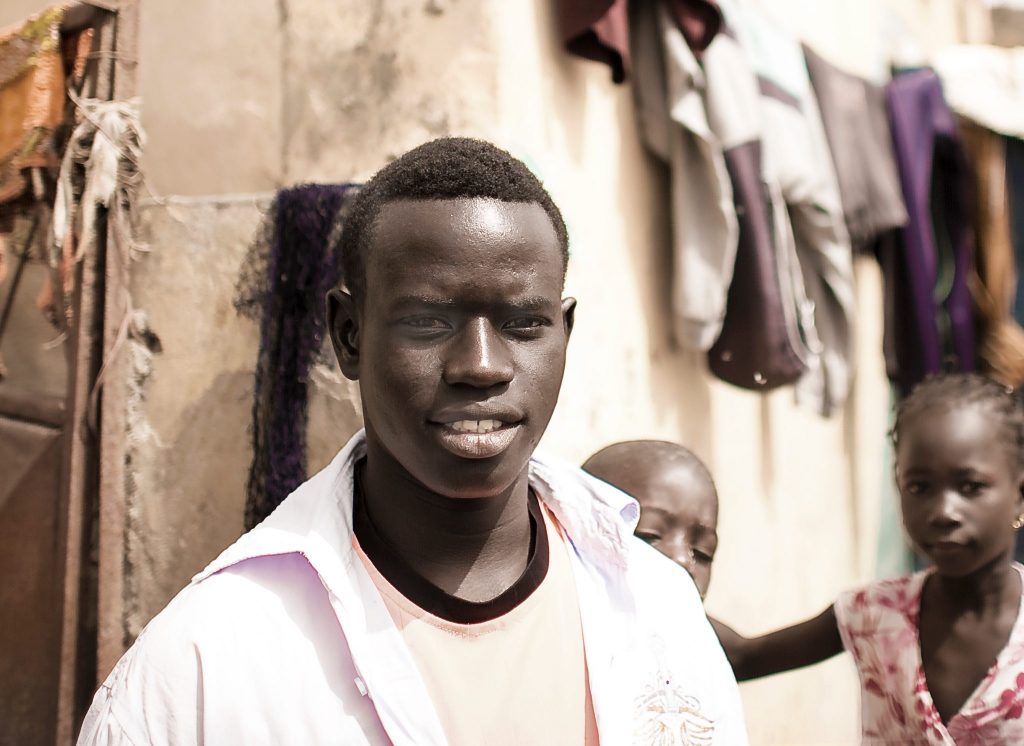
Within seconds, the man rushed into the room, looking from Sylvere to the other objects in the small space. He brought his gaze back to Sylvere’s face.
“Would you bring some paper towels?” Sylvere asked, switching to French.
The man, suspicion creeping across his face, looked at Sylvere for a moment. In that moment, Sylvere was sure: The man was a German; he wasn’t a waiter. He didn’t work for the restaurant. Rather he worked for Anna. Instantly, the German replaced his suspicion with obsequiousness. “Yes, of course,” he replied, switching to French also. He looked around the bathroom one more time before turning and walking out the door.
The mobile phone in Sylvere’s pocket vibrated. Because it had vibrated only once, Sylvere knew he had received a text message. He removed the device, looked at the screen, and read a short statement in French: “Sylvere, Justin Kabumba again. We have confirmed. The woman in Rurimba is Claudette.” Quickly, Sylvere replaced the phone in his pocket. The German entered the bathroom. He handed a small stack of white paper towels to Sylvere.
“Anything else?” the German said in French.
“No,” Sylvere replied, “I’ll be right out.” He paused. “I just want to sprinkle some cold water on my face,” he added. “It’s a warm day.”
“Carolina can’t wait any longer,” the man replied.
“How does she like her spinach ravioli?” Sylvere asked in German. The German looked at Sylvere for a moment.
“Fine,” the man replied, also in German. He seemed resigned to the odd behavior of an old man. “I believe that Carolina is very fond of spinach ravioli,” he added. He turned around and walked out of the bathroom.
Using one of the white paper towels to dry his hands, Sylvere realized his initial impressions were correct. He inserted the rest of the towels into the inside pocket of his suit jacket next to his mobile phone. He turned toward the door. Abruptly, he stopped. He knew where Claudette was. His heart started pounding in his chest. Turning his head to the right, Sylvere noticed the window open to the world outside. He went to the open window and, slowly extending his neck and head through the opening, looked around. An alley extended along the back wall of the restaurant. Swiveling his head to the right, Sylvere saw two metal trash cans and, slightly further away, three bicycles propped against a wall. Swiveling his head to the left, Sylvere saw a figure at the end of the alley. Instantly, Sylvere recognized the figure. It was Serge, the man who, apparently, had helped orchestrated the killing of Sylvere’s friend, Ronald, at Ronald’s medical clinic in eastern Congo. Now Serge, working for Anthony, acted like he wanted to kill Ronald’s daughter, Claudette. Looking down at a mobile phone in one hand, Serge brought a bottle of water up to his lips with his other hand and took a drink.
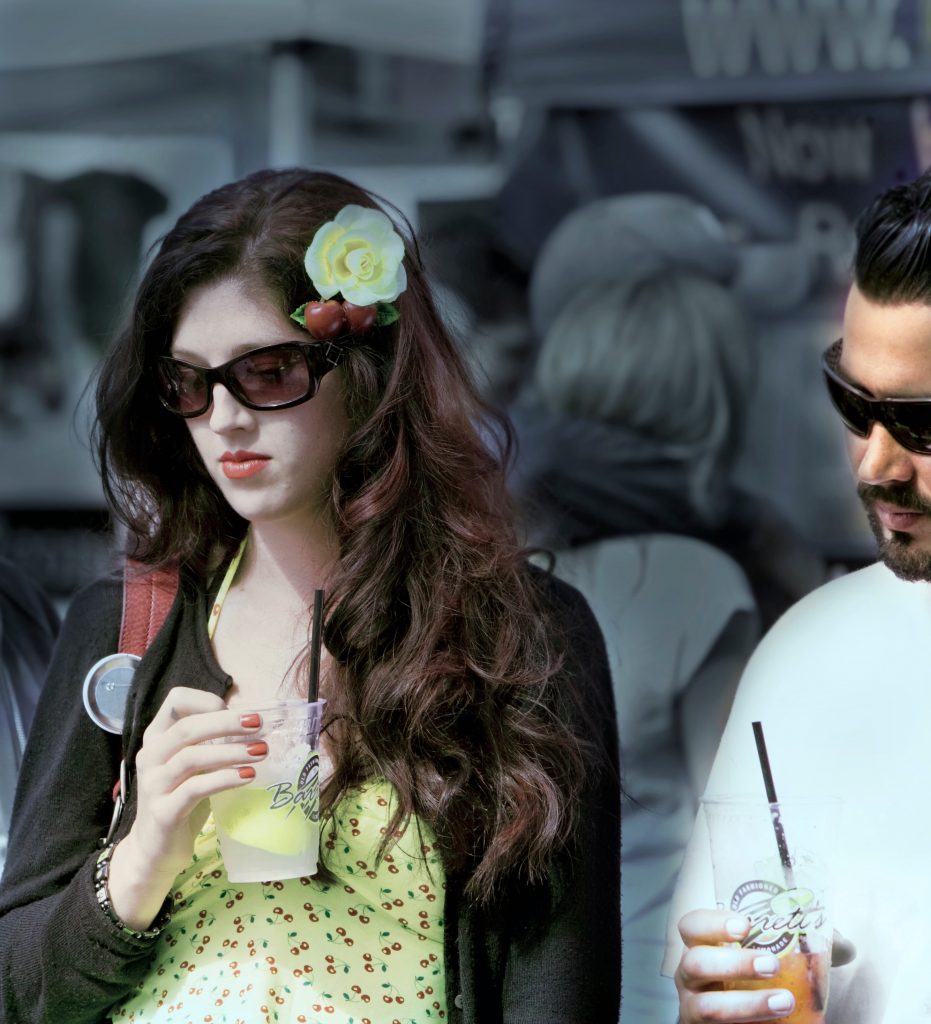
“Do you like art, sir?” Melba asked, speaking in Lingala and looking at Sylvere as he emerged from the bathroom. The Congolese woman stood a couple of meters away from the door to the small room off the dining room. Next to her was the young German. However, he no longer wore black trousers and a white dress shirt with a black tie. Rather he sported an expensive gray suit with a black button-down shirt but not a tie. Both of them stared at Sylvere.
The young woman and young man were waiting for Sylvere.
“Leuven has a famous art museum,” Melba continued in French, smiling and stepping close to Sylvere. “Anna and Carolina decided they would visit the museum for a few minutes while they were in town. They already left. We’ll join them.” Melba put one of her arms through one of Sylvere’s arms. She was several inches taller than Sylvere and, wearing high-heeled sandals, towered over him. “It’s close by,” Melba added, glancing down at Sylvere, still smiling. “We can walk from here.”
Sylvere, instantly attracted to Melba but also uneasy by the sudden affection of such an alluring woman, realized in a matter of seconds he couldn’t resist the young woman’s charms, allowing her to guide him to the front door of the restaurant, L’inizio, which now was deserted. As Sylvere, his arm intertwined with Melba’s, stepped onto the cobble stones of the large square, Oude Markt, he wondered where her computer had gone. It had disappeared.
In the Oude Markt, students on foot or bicycles passed through a sun-lit, open space. Tourists had begun appearing along the edges of the large square. The day had turned hot. No clouds appeared in the sky. The color overhead, a royal blue, seemed unreal.
Following a couple of meters behind Sylvere and Melba were the young German and an African. The second man had been eating with Chérubin at a table inside the restaurant minutes before. But Chérubin and the other of the two African men were nowhere to be seen. Also, the other two young men who had been dressed as waiters had disappeared. Sylvere guessed the four of them now were with Anna and Carolina, acting as bodyguards. Sylvere assumed Anna and Carolina didn’t go anywhere without a retinue, like royalty.
Melba turned right, leading Sylvere up another narrow street, called Zeelstraat, in the heart of the old city.
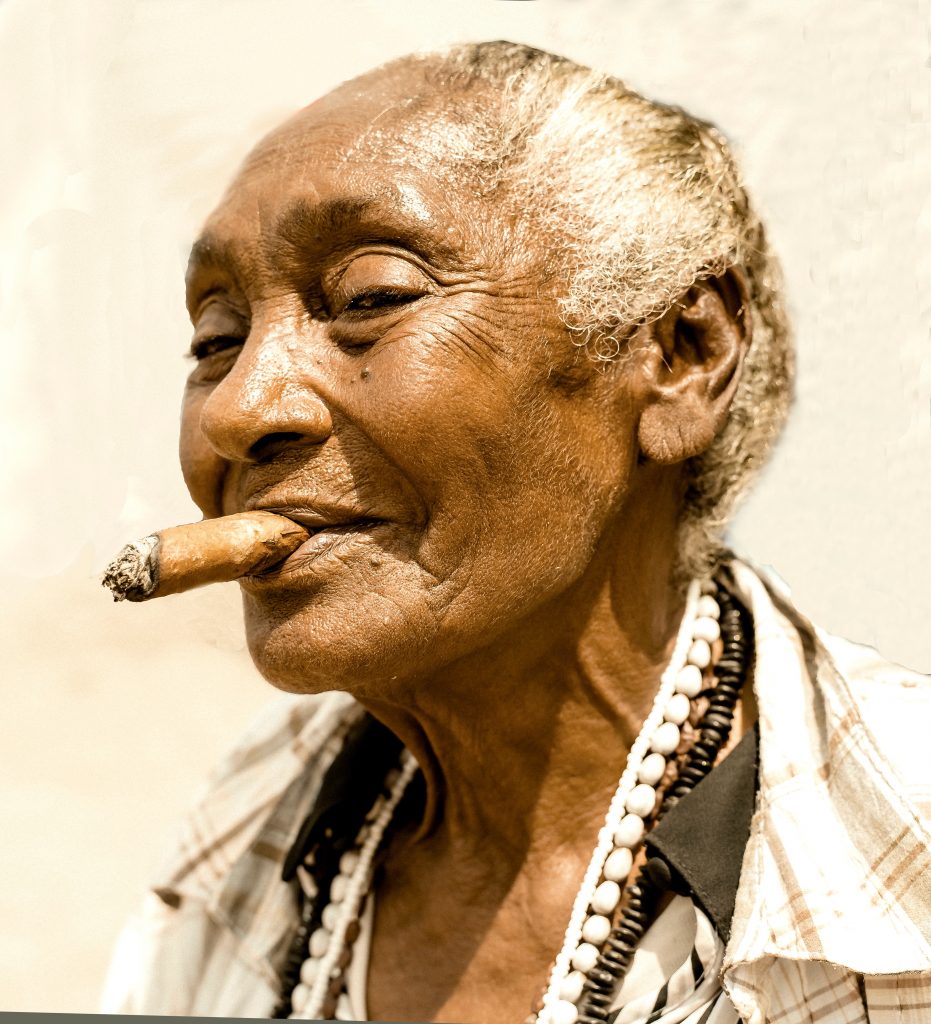
“We know Claudette was abducted from the house of your friend, Pépé, in Goma yesterday,” Melba commented, turning onto the street, Naamestraat, which Sylvere and Chérubin had taken earlier. “We also know your friend, Dikembe, pursued the captors,” Melba continued, still speaking in Lingala, “and now has disappeared too.”
“Who abducted Claudette?” Sylvere interrupted, speaking in French. “Was it Anthony and his people?” he added. He looked at Melba.
Melba didn’t reply. Sylvere could feel her head close to his. He could feel the warmth of her body next to him. He felt, he realized, too attracted to her. He knew he couldn’t afford to lose self-control. Silence ensued. Sylvere glanced behind him. The German and the African trailed at a distance of several meters. They wore identical suits. Sylvere wondered where Serge was at that moment. Surely Anna and her team were monitoring Serge? Anna was obsessed with security, especially with her own.
Melba turned right, guiding Sylvere into another open space. He recognized the square, Grote Markt. It was directly in front of the city’s most famous building, the old town hall or Stadhuis van Leuven, which suddenly re-appeared before them.
“Well,” Melba replied finally, “we believe we know who abducted Claudette.”
Silence ensued once again.
Melba, with one arm still hooked inside Sylvere’s arm and clutching tightly now, guided the two of them to the end of the Grote Markt and onto another narrow, cobble-stone street, called Bondgenotenlann. Her touch overwhelmed Sylvere, simultaneously knocking him off balance and causing him to stumble but also keeping him on his feet and moving him forward.
“With projections from my mapping tools,” Melba resumed, switching back to Lingala, “I can pinpoint Claudette’s current location with a degree of certainty.” When she guided Sylvere down a short lane, called Leopold Vanderkelenstraat, they saw a tall, middle-aged woman in front of a modern, aesthetically unusual structure ahead. Sylvere thought the building a museum. Melba disengaged from Sylvere as they approached the woman, who appeared to be Flemish and wore a tightly fitting suit.
“Please come this way,” the Flemish woman said. Evidently, she was an employee of the art museum. As she led Sylvere and Melba to one side of the building and an entrance half hidden behind a hedge, Sylvere looked back. The German and the African—the two bodyguards—were gone. When Sylvere passed through the discreet entrance into a hall with a high ceiling, he felt a rush of cold air in his face.
***
